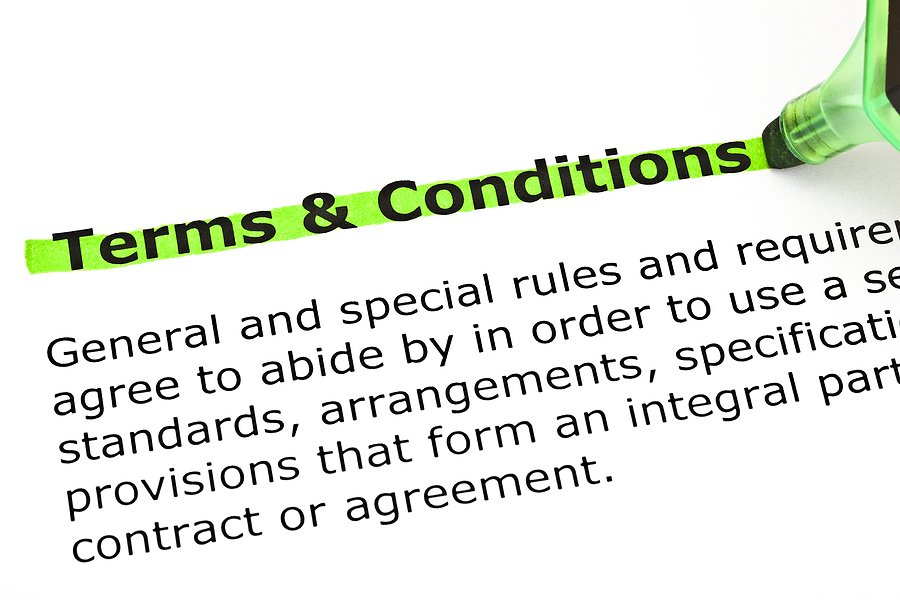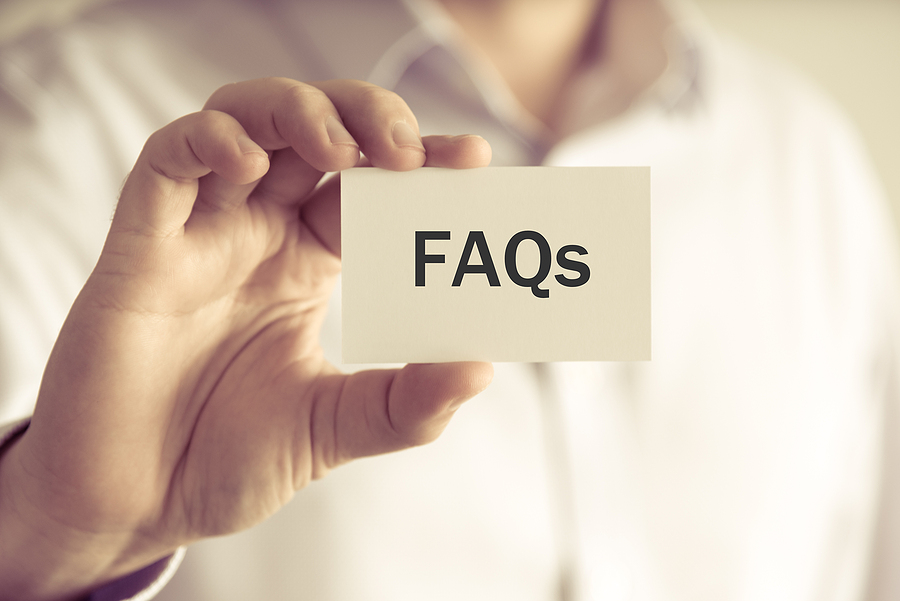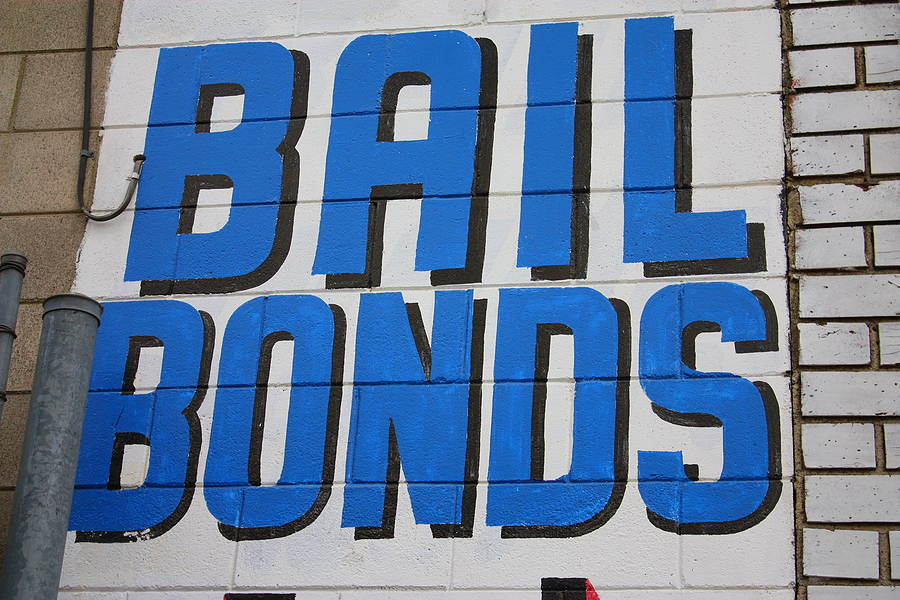Navigating the legal system for the first time can be daunting, especially when faced with the sudden need to choose a bail bondsman. When a loved one is behind bars, the pressure to act quickly and make the right choice can feel overwhelming. This guide is designed to help you understand the role of bail bondsmen, what to look for in a reputable bail bond agent, and how to make an informed decision for your unique situation. With the right knowledge, you can confidently take steps towards securing freedom for yourself or your loved one.

What Bail Bondsmen Do For You
The primary role of a bail bondsman is to provide a surety bond, commonly known as a bail bond, that allows a defendant to be released from jail while awaiting trial. This service is crucial for many who cannot afford to pay the full cash bond amount set by the court. Bail bondsmen act as a financial bridge, ensuring that defendants meet their court obligations without the burden of immediate full payment.
Bail bondsmen take on a significant responsibility. They assure the court that the defendant will appear for all scheduled hearings. For this reason, they charge a fee, typically between 10% and 15% of the total bail amount, as compensation for their risk and services. Understanding this role is essential for anyone considering hiring a bail bondsman, as it sets the foundation for assessing their services and choosing the right one.
In addition to providing financial support, a good bail bondsman offers guidance throughout the bail process. They explain the conditions of bail and assist first-time defendants and their families in navigating the often complex legal landscape. Knowing what to expect from a bail bondsman will help you establish clear expectations and evaluate their ability to meet your needs.
What to Look for in a Trusted Bail Bondsman
Licensing and Accreditation
When seeking a bail bondsman, the first step is to verify their licensing and accreditation. Legitimate bail bond agents are licensed by the state in which they operate, ensuring they adhere to local laws and regulations. This licensing is a critical requirement, as it provides a level of assurance that the bondsman is qualified to handle your case professionally and ethically.
Accreditation from professional organizations, such as the Professional Bail Agents of the United States (PBUS), further enhances a bondsman’s credibility. These organizations uphold stringent standards, and membership indicates a commitment to high-quality service. Checking for these credentials should be at the top of your list when evaluating potential bail bondsmen.
Ensure that the bail bond company employs agents who are not only licensed but also experienced. Experience in the field can make a significant difference in handling the complexities of various cases. An experienced bail bond agent will possess a deeper understanding of the legal system, leading to more efficient and effective service.
Transparency in Fees and Payment Plans
Transparency in fees and payment plans is another critical factor when choosing a bail bondsman. The cost of a bail bond typically includes a non-refundable fee, usually around 10% of the total bail amount. However, this can vary, so it is essential to get a clear understanding of all the costs involved before making a decision.
Reputable bail bond companies will provide a detailed breakdown of their fees and any additional charges that may apply. Be wary of agents who offer rates significantly lower than the industry standard, as this may indicate hidden fees or less reliable service. Transparency in pricing is a hallmark of a trustworthy bail bond agent.
Flexible payment plans can be a lifesaver, especially for those facing financial constraints. Many bail bond companies offer payment options to ease the burden of immediate payment. A bondsman willing to discuss and accommodate your financial situation demonstrates their commitment to supporting clients responsibly.
Accessibility and Responsiveness
Accessibility and responsiveness are essential qualities in a bail bondsman. Legal emergencies can occur at any time, and having a bail bond agent who is readily available 24/7 can make all the difference in securing a timely release. Ensure that the bondsman you choose is accessible and can respond promptly to your inquiries and needs.
Responsiveness extends beyond initial contact. A reliable bail bondsman will keep you informed throughout the bail bond process, providing updates and answering any questions you may have. This level of communication builds trust and ensures that you are never left in the dark regarding your or your loved one’s situation.
Consider how quickly a bail bondsman responds to your initial inquiry. Their promptness in addressing your concerns is often indicative of their overall commitment to client service. Choose a bail bond agent who prioritizes clear and open communication.
Reputation and Reviews
A bail bondsman’s reputation and reviews from past clients can provide valuable insights into their reliability and service quality. Online platforms and review sites are excellent resources for gauging a bondsman’s reputation. Look for consistent positive feedback regarding their professionalism, efficiency, and customer service.
Word of mouth is another powerful tool in assessing a bail bondsman’s reputation. Seek recommendations from trusted friends, family members, or legal professionals who have experience with bail bond services. Their firsthand experiences can guide you in making a confident choice.
Remember, it’s important to consider both positive and negative reviews. While no service is perfect, a pattern of negative feedback, particularly concerning ethics or transparency, should be a red flag. Choose a bail bondsman with a strong track record of satisfied clients and resolved cases.
The Process of Choosing a Bail Bond Agent
Research and Compare Local Options
The first step in choosing a bail bond agent is conducting thorough research and comparing local options. Start by compiling a list of bail bond companies in your area. Use online resources, directories, and referrals to identify potential candidates.
Once you have a list, compare their services, fees, and reviews. Look for any standout features or red flags that might influence your decision. This research phase is crucial for narrowing down your options and focusing on the most promising bail bondsmen.
Consider the proximity of the bail bond company to the detention facility. A local bondsman who is familiar with the area’s legal processes can expedite the release process and offer more personalized service. Proximity can also be beneficial for ongoing communication and support.
Seek Recommendations and Read Reviews
In addition to online research, seeking recommendations from trusted sources can provide invaluable insights. Reach out to friends, family, or legal professionals who have interacted with bail bondsmen in the past. Their recommendations can help you identify reputable agents and avoid potential pitfalls.
Reading online reviews and testimonials is another essential step. Look for patterns in the feedback regarding professionalism, transparency, and reliability. This information will help you gauge the quality of service each bail bondsman provides and inform your final decision.
Remember to weigh reviews with a discerning eye. While one negative review among many positives may not be a deal-breaker, consistent criticism of similar issues should prompt further investigation. Aim to select a bail bondsman with a solid reputation and a history of satisfied clients.
Interview Potential Bondsmen
Once you’ve narrowed down your options, conduct interviews with potential bail bondsmen. This step allows you to assess their professionalism, knowledge, and compatibility with your needs. Prepare a list of questions to ask during these interviews to ensure you cover all critical aspects.
Inquire about their experience and track record with cases similar to yours. Ask about their availability, communication style, and how they handle emergencies. Their responses will offer insights into their level of expertise and dedication to client service.
Pay attention to how the bail bondsman interacts with you during the interview. Are they attentive, respectful, and willing to address your concerns? A positive interaction can be indicative of a strong working relationship moving forward.
Additional Tips for First-Time Defendants
Know Your Rights and Responsibilities
For first-time defendants and their supporters, understanding your rights and responsibilities during the bail process is crucial. Familiarize yourself with the legal rights afforded to defendants, including the right to a fair bail amount and the right to legal representation.
Additionally, be aware of your responsibilities as a defendant. Complying with all court appearances and adhering to the conditions of bail are essential for maintaining your freedom. Your bail bondsman can provide guidance on fulfilling these obligations.
Educate yourself about the potential consequences of violating bail conditions. Failure to comply can lead to revocation of bail and additional legal penalties. By understanding your rights and responsibilities, you can better advocate for yourself or your loved one.
Understand the Bail Process
A comprehensive understanding of the bail bonds process empowers first-time defendants and their supporters. Familiarize yourself with the steps involved, from arrest to release, and the role of the bail bondsman in facilitating this process.
Stay informed about the specific conditions of bail and any court-mandated requirements. Your bail bondsman can clarify these details and ensure that you remain in compliance throughout the legal proceedings.
Stay Informed and Involved Throughout
Throughout the legal process, staying informed and involved is essential for both defendants and their supporters. Maintain open communication with your bail bondsman and legal representatives, and seek updates on the progress of your case.
Attend all scheduled court hearings and remain engaged in the legal proceedings. Active participation demonstrates your commitment to fulfilling your obligations and can positively influence the outcome of your case.
Encourage family and friends to offer support and assistance. Having a reliable network of supporters can alleviate stress and provide valuable resources as you navigate the legal system together.
Key Takeaways
Making an informed decision when choosing a bail bondsman is a critical step in securing freedom for yourself or a loved one. By understanding the role of bail bondsmen, knowing what to look for, and following a thorough selection process, you can confidently choose the right bail bond agent for your needs.
Remember, a reputable bail bondsman will not only facilitate the release process but also offer guidance and support throughout the legal proceedings. With their assistance, you can focus on fulfilling your obligations and moving forward with confidence.
For further advice or 24-hour assistance, consider reaching out to professionals who can provide personalized guidance. Contact Woods Bail Bonds at 317-876-9600 for 24 hour bail bond services in Indianapolis, Indiana you can trust. We also offer prearranged bail bond service for arrest warrants and probation violations.
Related Posts:
Top Tips for Finding Reputable Bail Bond Agencies in Indiana
The Real Cost of Freedom: A Closer Look at Bail Bond Percentages
Indiana Arrest Warrants Explained: What You Need to Know









